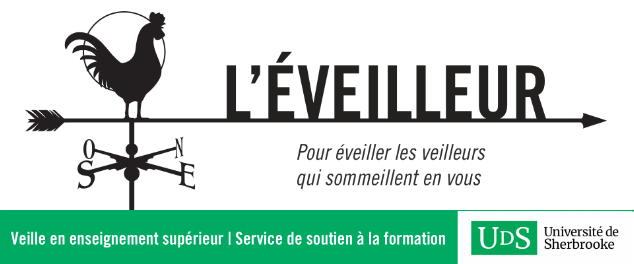Catherine me fait parvenir ce billet d’Alex Usher qui est assez court pour que je le reproduise tel quel… en soulignant quelques passages :
« African Higher Education – What Should Be On Everyone’s Radar
Here are the basic things you need to know about Africa as a higher education market:
1) It has a fast-growing population, with lots of young people to be educated.
2) Large bits of it – mostly the English and Portuguese bits, less so the French-speaking ones – are getting rich off the commodity boom. Ghana, in particular, is going gangbusters right now. This means higher education is now much more affordable than it used to be. [le monde francophone africain ne semble pas profiter de la manne des ressources naturelles; mes emphases]
3) However, the demand for higher education vastly outstrips the ability of governments to pay for higher education (in part because public universities keep getting more expensive as professors demand their share of the commodity boom via higher wages). As a result, over the last decade hundreds of private universities have opened in Africa to cater to students who can’t get into one of the “prestige” public universities such as Kampala’s Makerere University or Accra’s University of Ghana. [mes emphases]
4) There’s a really big demand for graduate education – and virtually everyone wants to go abroad for it, what with the state of graduate education on the continent being as dire as it is. The US and the UK are obviously top choices, but Canada – if we ever bothered to show up and promote ourselves – would be a good second choice in most of Anglophone Africa (we’re already there in francophone Africa, albeit against lesser competition). [le Canada universitaire francophone en Afrique – ce serait une carte intéressante à faire; mes emphases]
5) But the demand for foreign education doesn’t mean cost is unimportant. In East Africa the most common foreign destination for education is Malaysia, where English and Australian universities have branch campuses. The reason? Quick degrees and low cost of living.
6) Regional integration is going gangbusters. Travel between countries in West Africa is commonplace, and there is now also common West African school leaving exams, which simplifies admissions from the region. Similarly, the countries that used to form British East Africa (Kenya, Uganda, Tanzania) are integrating quickly, and attracting other partners (e.g. Rwanda) as well. These, too, are becoming a common higher education area. [mes emphases]
7) A number of countries allow foreign providers to establish campuses, though in some cases they might require a local partner. There are excellent opportunities for foreign institutions to set up and serve not only the country in which the institution is based, but also neighbouring countries, particularly where mobility is already high. [mes emphases]
Small investments in Africa now could pay off very big in the future. Yet right now, Canada badly lags the US in setting up partnerships on the continent. It would be worth someone’s while to change that. »
Source : Usher, Alex, « African Higher Education – What Should Be On Everyone’s Radar », Higher Ed Strategy, 5 novembre 2012.






